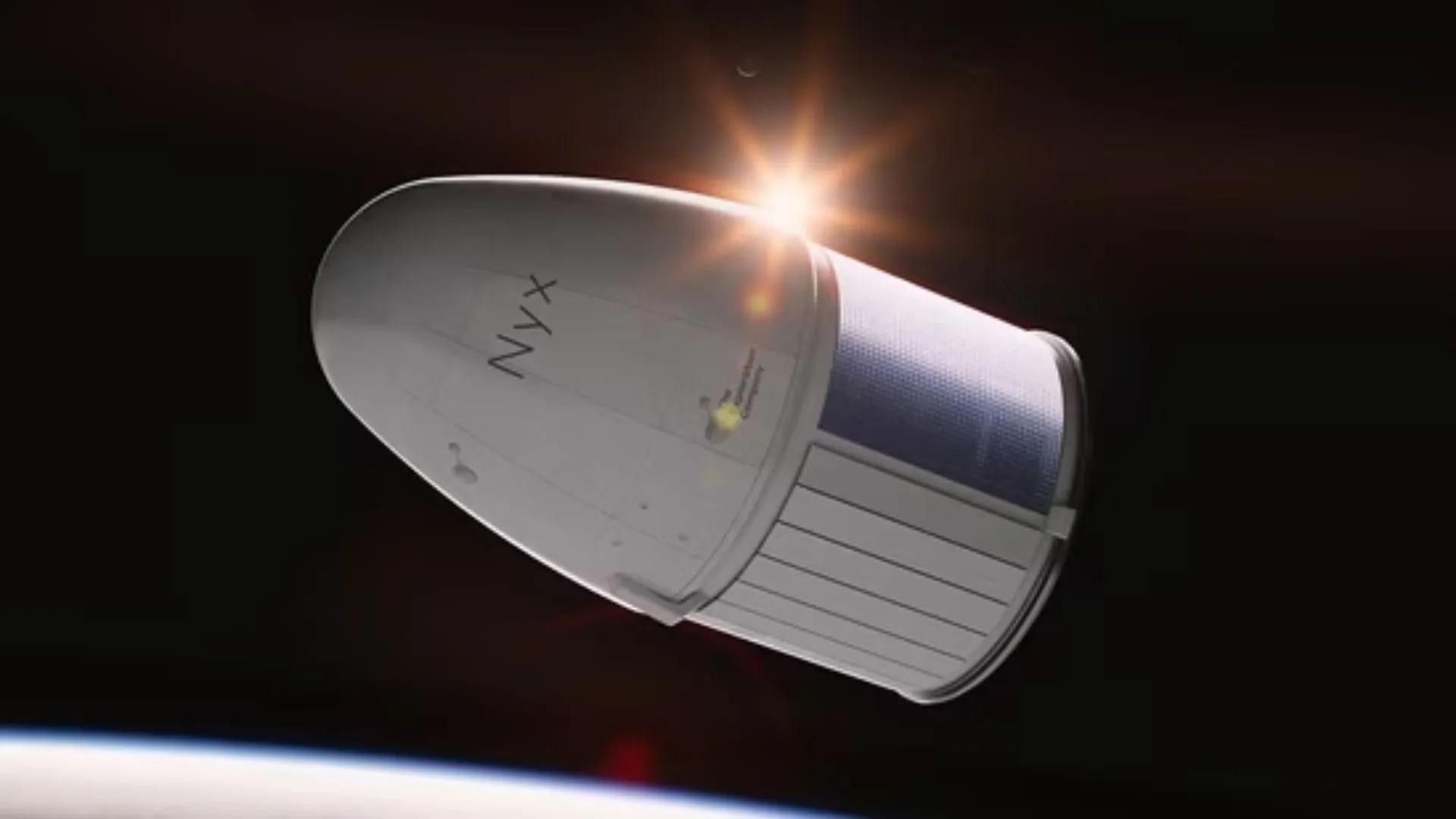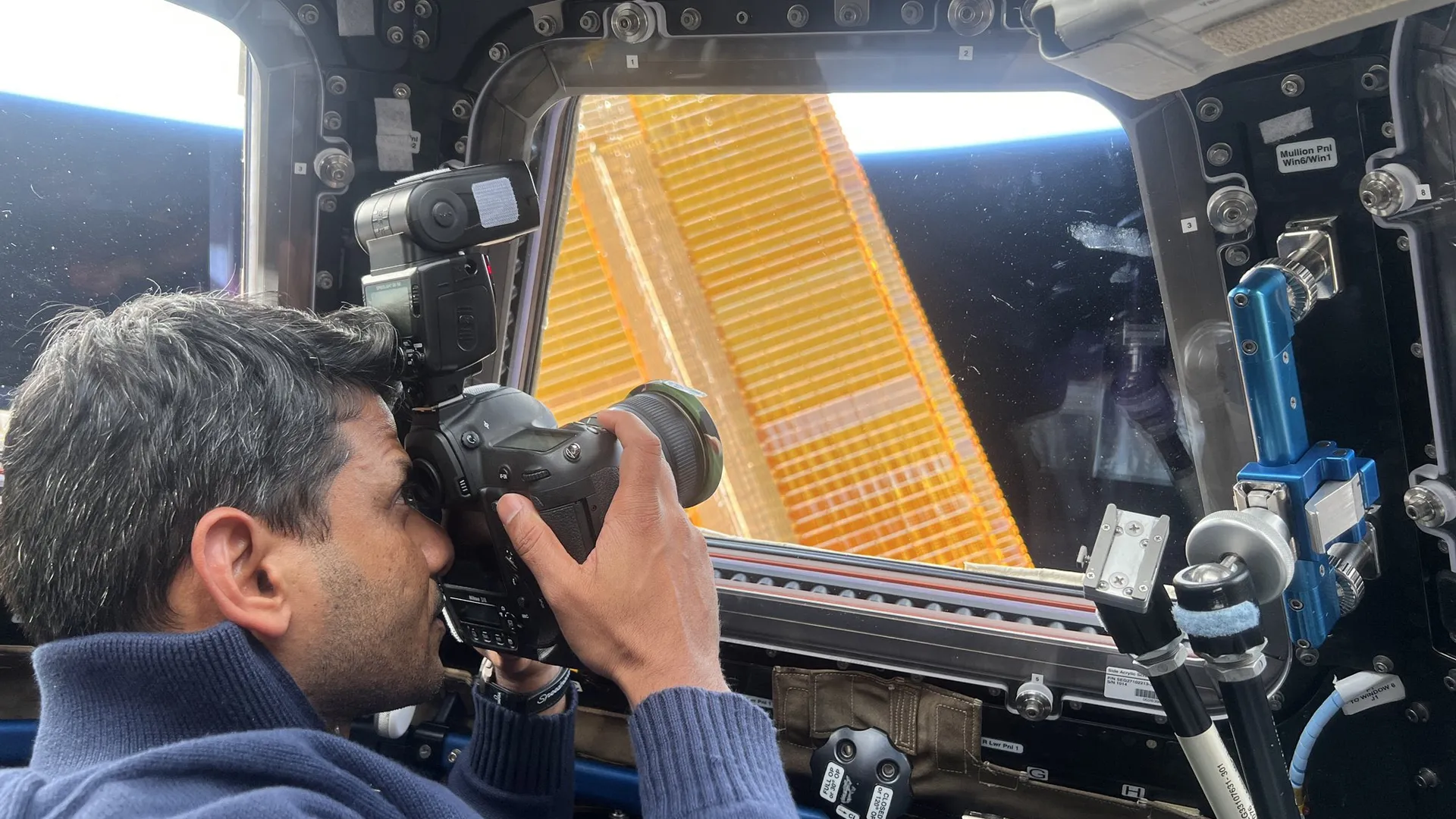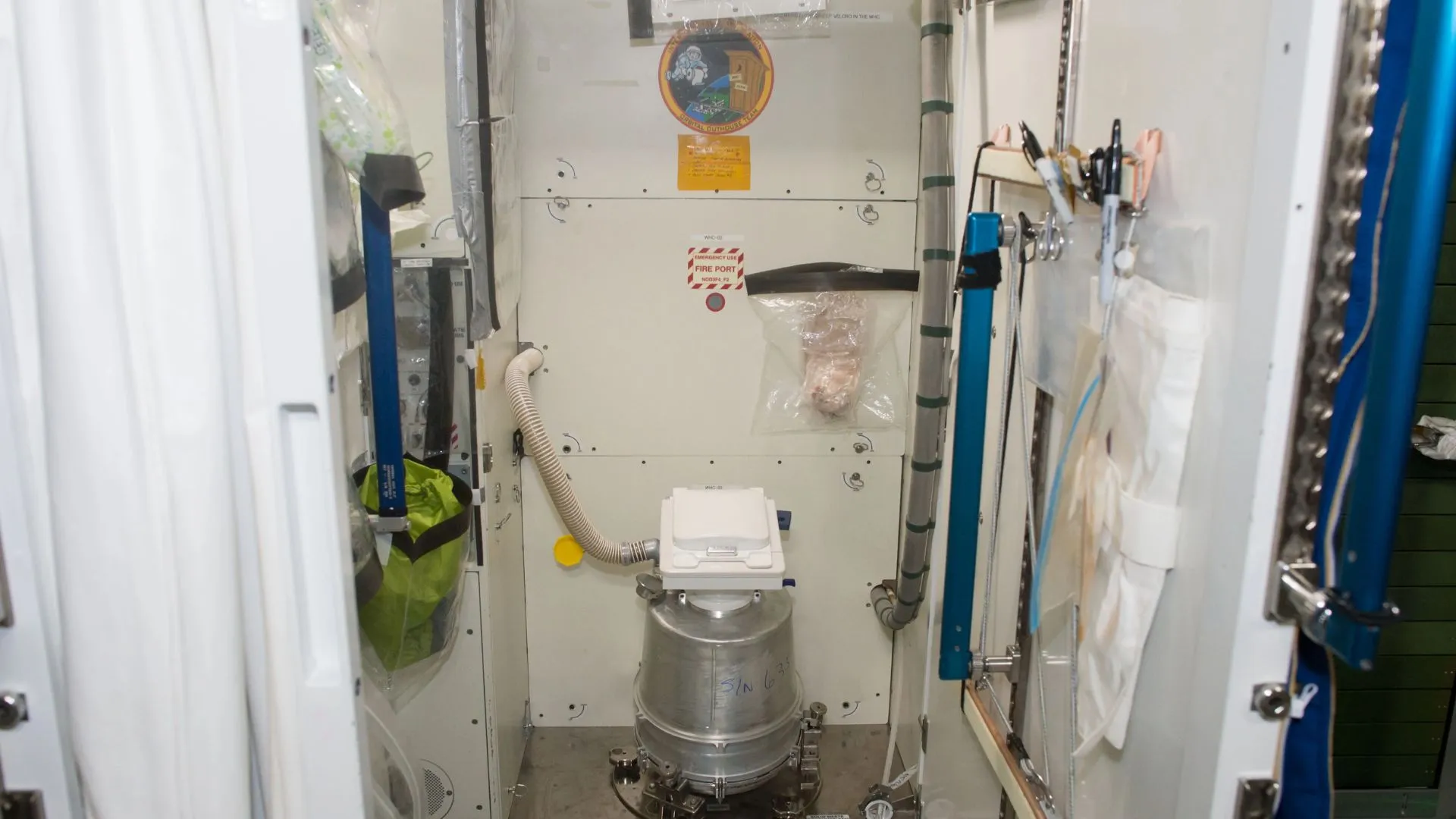A unique space capsule containing the remains of 166 individuals finally found itself on the Pacific Ocean floor after orbiting the Earth. The German startup company behind it had sent the Nyx capsule on a “Mission Possible” mission, which had not only human remains but also cannabis seeds.
The capsule completed two complete orbits following its launch on June 23 but subsequently returned to Earth and splashed down in the Pacific Ocean. The mission was classified by The Exploration Company (TEC), developers of the capsule, as a “partial success.”
In a LinkedIn post, TEC wrote, “Our spacecraft Mission Possible had partial success (partial failure). The capsule was successfully launched, propelled the payloads nominally in orbit, stabilised itself post-separation from launcher, re-entered and re-established communication following blackout.”
Read the full post here:
But TEC also added that once the capsule returned to Earth’s orbit, it “lost communication” with the company for “a few minutes before splash down.”
The company is still attempting to identify the “root causes” of the surprise crash and has committed to providing more information soon.
They also offered a formal apology to customers who had entrusted their deceased loved ones’ remains to their care.
“We apologize to all our customers who have entrusted their payloads in our care. We are grateful to our teams for their diligent work and their commitment to success. We have been breaking boundaries in record time and expense. This partial success is a reflection of ambition as well as the inherent risks of innovation. Building on the technical milestones realized yesterday and lessons we will draw from our continuing investigation, we will then commence preparing to re-fly at the earliest opportunity,” the company stated.
Simultaneously, Texas-based Celestis, a company that has been offering space burials and collaborated on this endeavor, affirmed that the ashes and flight capsules on board cannot be recovered or brought back. Celestis co-founder and CEO Charles M Chafer stated, “We also recognize that no technical accomplishment can substitute for the deep personal significance this service has for our families.”























